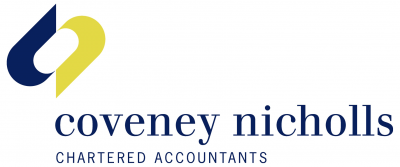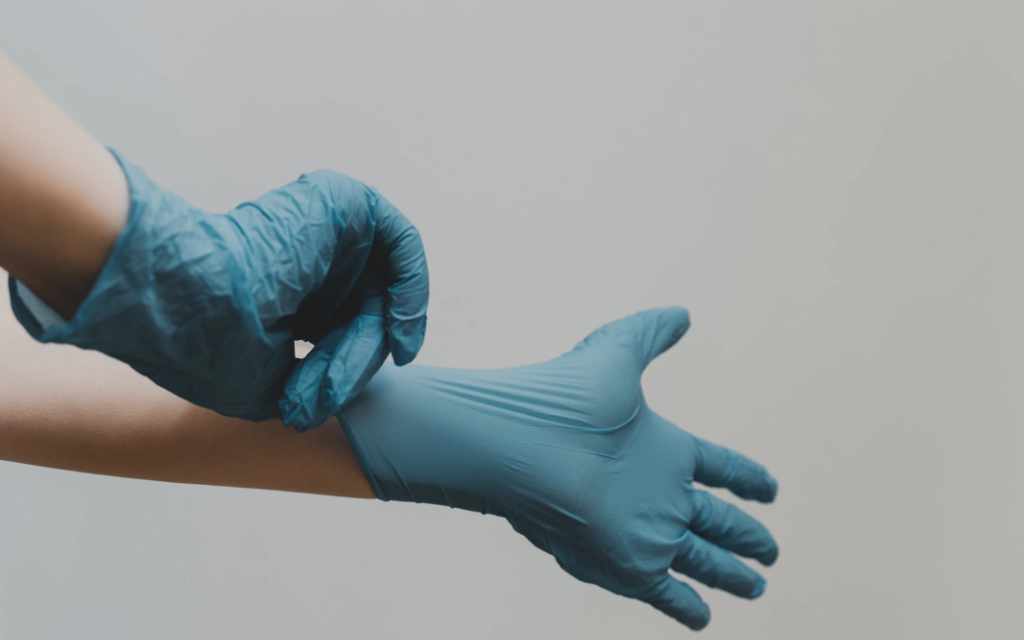As a self-employed GP, one way you can reduce your tax bill is to offset business expenses against your trading profit. The problem is working out what you can and can’t claim for.
First, let’s look at the principle that underpins HMRC’s approach to allowable business expenses: are they “wholly and exclusively for the purposes of the trade, profession or vocation”?
In other words, did you have to spend that money to do your job? And did you use the product or service you bought only to do your job?
What they’re trying to avoid is people buying, say, a new TV for the front room and claiming it as business expense, just because they used it once to show a training video to surgery staff. Or claiming the cost of a week’s family holiday because there was a business meeting in the middle of it.
You need to understand the principle because, unfortunately, there is no big master list of allowable expenses. It’s a matter of sensible judgement on your part, and ours.
What business expenses can doctors claim?
Typically, GPs are on safe ground claiming tax relief against expenses such as:
- professional fees, memberships and subscriptions, such as the BMA or GMC
- medical instruments and equipment
- postage, stationery and office supplies
- work-related travel and accommodation
Of course, it’s not completely straightforward, and HMRC likes to throw the occasional curveball.
For example, last year, when personal protective equipment (PPE) became a hot topic, HMRC took everyone by surprise when it said PPE couldn’t be claimed by employees as a business expense for tax purposes.
Self-employed GPs should be exempt from that but if you’re employed by the NHS or a private healthcare provider part-time while also operating freelance, things will get complicated.
You might also wonder why training courses aren’t included on the list above. After all, GPs are expected to keep their professional knowledge up to date, and they certainly don’t do all that studying for pleasure.
Unfortunately, HMRC tends to take the view that professional development benefits you as an individual, in the long-term, and therefore fails the “wholly and exclusively” test.
That’s not to say you shouldn’t ever claim for training but it has to be thought through carefully – and be ready for your claim to be disputed.
Travel expenses and mileage
First, it’s important to be clear that HMRC does not consider your commute into the surgery where you normally work as an allowable expense.
Beyond that, doctors who use their own cars for travel, and who aren’t reimbursed through an employer or trust, can claim tax relief based on mileage.
It’s important to keep notes and receipts for fuel, public transport tickets, tolls, parking and anything else you might claim as a business travel expense.
Be aware that when it comes to food and drink, HMRC is strict about what counts as a business expense: ‘normal meals’ cannot be claimed. That includes breakfast before work and dinner at home, which you’d be eating and paying for regardless of business travel.
There are possible exceptions, though – if you’ve had to make an early start to get to another practice, for example, which is common for locum GPs.
Talk to us about tax relief on business expenses for GPs.

